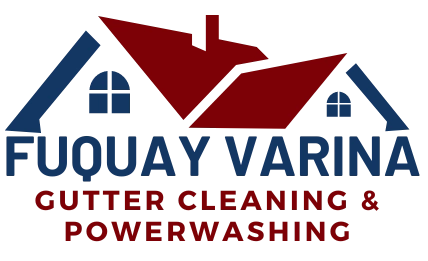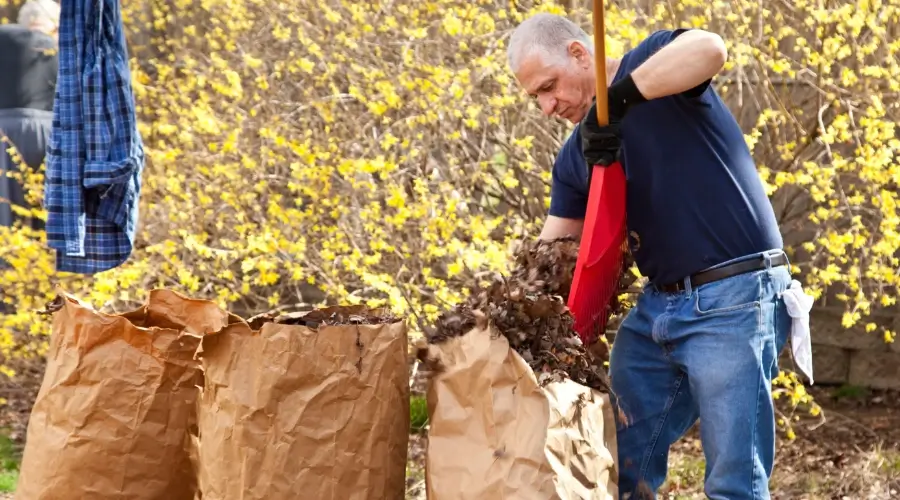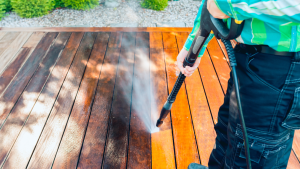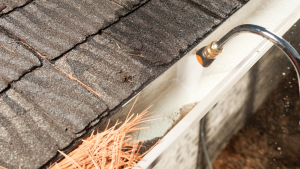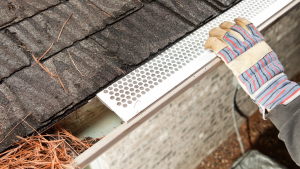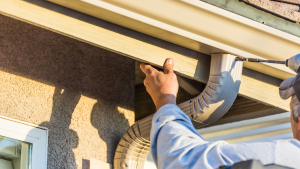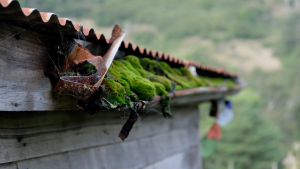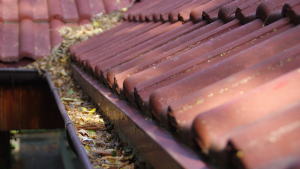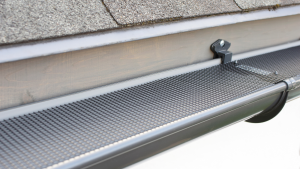Cleaning outside is really important for keeping our surroundings nice. It helps parks, sidewalks, and all the places we hang out stay healthy and look good. But to do it right, we need to follow the rules our local area sets. This isn’t just about keeping things clean—it’s also about staying safe and doing things correctly. For a complete overview, visit Fuquay Varina Gutter Cleaning & Power Washing’s webpage
Importance of Knowing Local Regulations
When you start cleaning outside, it’s super important to know the rules in your area. Different places have different rules about how to clean up outside. These rules cover many things, like how to throw away trash, how much water to use, and what kind of cleaning stuff you can use. If you don’t follow these rules, you might have to pay fines or face legal problems.
For example, some places don’t let you use specific cleaning stuff because it hurts the environment. Others have unique ways you need to throw away trash to stop pollution. Knowing these rules helps you plan and do your cleaning correctly without causing any problems.
Following these rules isn’t just about staying out of trouble; it’s about ensuring we care for our environment and keep our neighborhoods safe and clean for everyone. So, take a little time to learn the rules before cleaning up outside!
7 Examples of New Local Regulations or Guidelines for Outdoor Activities
- Water Conservation Measures: Some regions enforce strict guidelines regarding water usage for outdoor cleaning activities. This may include restrictions on watering schedules, using water-efficient cleaning methods, or utilizing recycled water for cleaning purposes.
- Chemical Usage Restrictions: Certain localities might have banned or limited the use of specific cleaning chemicals because of their detrimental effects on the environment or human health. Compliance with alternative eco-friendly products may be mandated.
- Noise Pollution Regulations: Guidelines might dictate permissible cleaning hours to mitigate noise disturbance to residents or wildlife in certain areas.
- Waste Disposal Guidelines: Strict protocols for proper waste disposal, including recycling and segregation, might be in place to reduce environmental impact and maintain cleanliness.
- Protected Area Restrictions: Some regions might have designated protected zones where cleaning activities are restricted to preserve biodiversity and ecosystems.
- Permit Requirements: In specific cases, obtaining permits or permissions from local authorities might be necessary before conducting extensive outdoor cleaning activities.
- Wildlife Preservation Measures: Guidelines may include restrictions on cleaning methods in areas with sensitive wildlife to prevent disturbance or harm to their habitats.
Understanding the rules for cleaning outside isn’t just a good idea—it’s super important. Following these rules helps us keep things clean, takes care of nature, keeps us safe, and shows respect for everyone around us.
Before you start cleaning outside, make sure you know the specific rules where you live. This helps ensure we’re cleaning and looking after the environment, showing that we care about our community and keeping our surroundings pleasant for the future.
